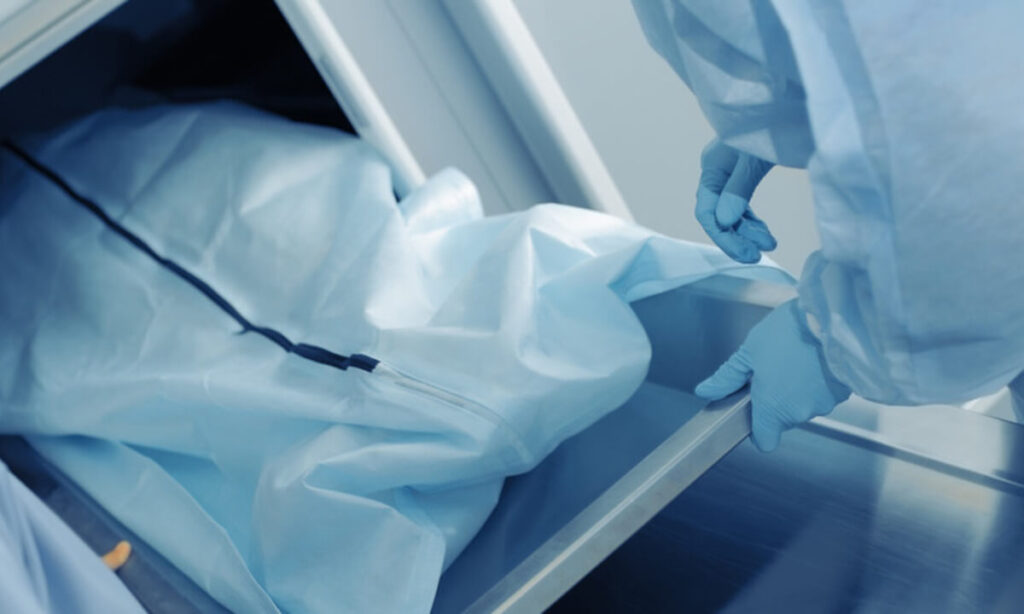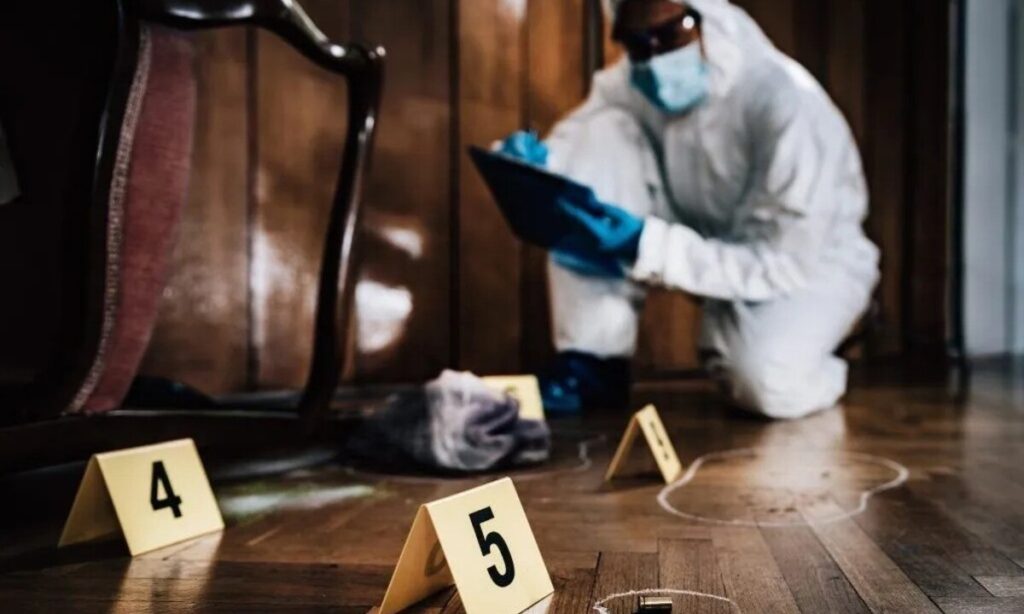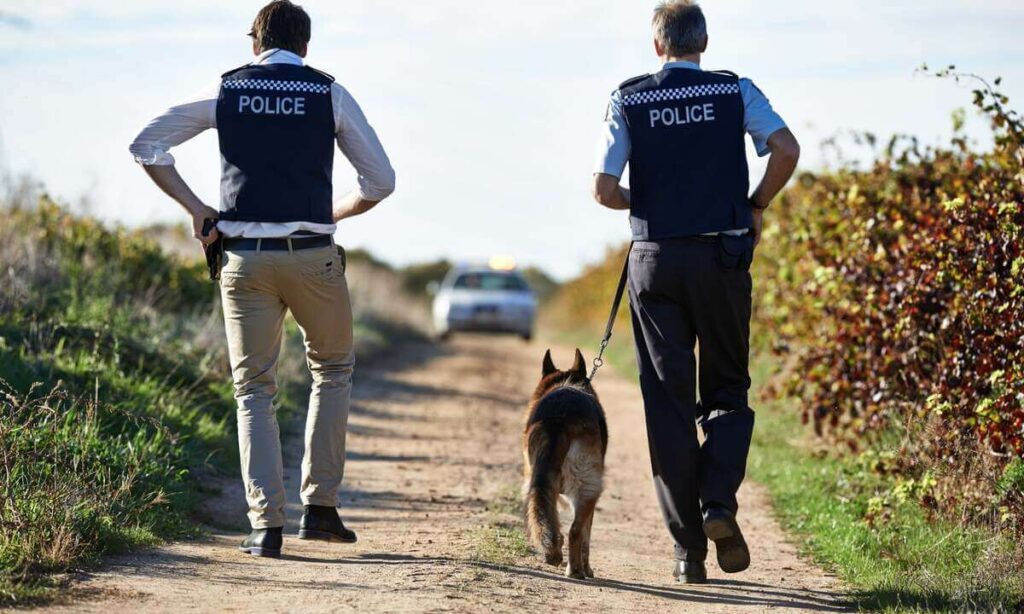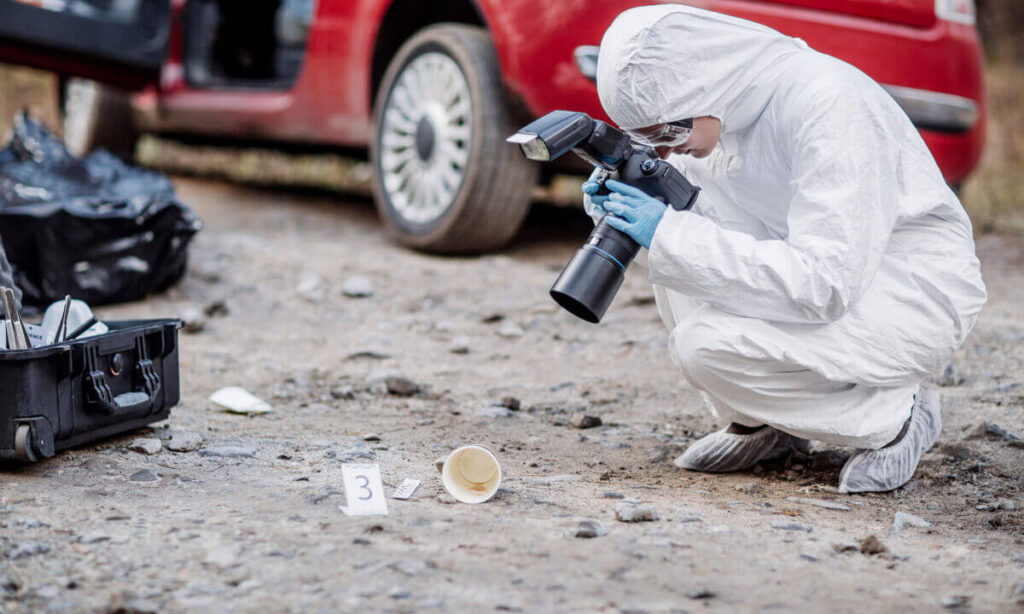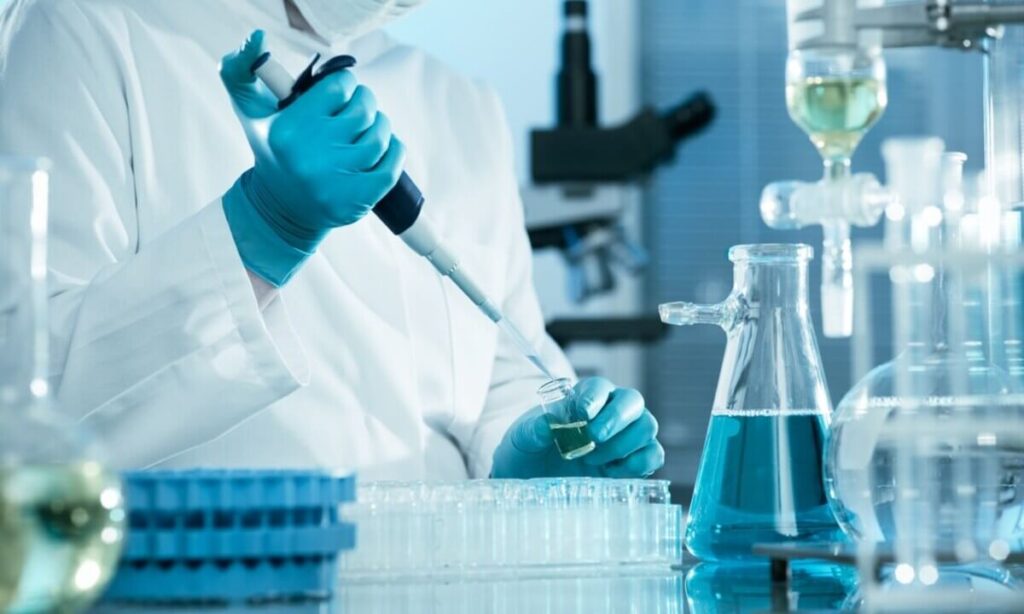The field of autopsy technology is extremely important in the medical and forensic sectors. Autopsy technicians are in charge of assisting pathologists during autopsies and post-mortem exams. This occupation necessitates a rare blend of technical abilities, attention to detail, and compassion. This thorough book will cover all you need to know to become an autopsy technician, from education to certification and beyond. Continue reading to learn more!
What do autopsy technicians do?
Autopsy technicians are trained specialists that perform autopsies and collect data for medical research, forensic investigations, and legal actions with pathologists. Their responsibilities include preparing the autopsy suite, setting up equipment, and assuring proper specimen care and preservation. They aid pathologists in the examination and dissection of bodies, document findings, and collect samples for further investigation during autopsies. Additionally, autopsy technicians must keep a clean and sanitary work environment, follow safety rules, and accurately record all procedures conducted.
Steps to becoming an autopsy technician
1. Education
A good educational foundation is required to begin a career as an autopsy technician. As a minimum requirement, most employers require a high school diploma or equivalent. Obtaining an associate’s or bachelor’s degree in a suitable field, on the other hand, can greatly improve your chances. Anatomy, physiology, pathology, and medical terminology courses are especially useful.
Several universities and colleges offer specialized programs in autopsy technology and mortuary science. These programs offer a thorough curriculum that encompasses autopsy procedures, forensic science, and laboratory skills. Some schools also involve hands-on instruction in autopsy labs, which allows students to obtain practical experience in a controlled setting.
Here’s a list of well-known autopsy technician schools that offer high-quality autopsy technician programs:
- Syracuse University, New York
- Boston University, Massachusetts
- Clackamas Community College, Oregon
- Saint Leo University, Florida
- Saint Louis University, Missouri
- Arizona State University, Arizona
- Drexel University, Pennsylvania
- Green River College, Washington
- Pace University, New York
2. Internships and training
After finishing the requisite education, aspiring autopsy technicians should look for internships or training opportunities. These opportunities provide vital hands-on experience in the field and allow individuals to work under the supervision of seasoned professionals. Internships also allow you to hone your technical skills, become acquainted with autopsy equipment, and improve your paperwork and record-keeping ability.
Many hospitals, medical examiner’s offices, and forensic laboratories have internship programs in autopsy technology. These programs are typically several months in length and provide hands-on training in a real-world situation. Interns may assist with autopsies, acquire proper specimen handling skills, and become acquainted with the protocols and procedures used in the field during this period.
3. Certification and licensing
While certification is not always required, acquiring professional certification can greatly improve career chances and credibility in the industry. The American Board of Medicolegal Death Investigators (ABMDI) and the American Association of Pathologists’ Assistants (AAPA) are two organizations that provide certification programs for autopsy technicians.
Candidates for certification must meet particular educational and experience requirements. These usually consist of a combination of formal education, practical experience, and passing a certification exam. Autopsy methods, anatomy, histology, and safety precautions are among the topics included in certification exams. Once certified, autopsy technicians must meet continuing education requirements in order to keep their certification status.
Skills and qualities needed for success in the field
Certain talents and attributes are required to flourish as an autopsy technician. Here are some of the crucial characteristics that can help you succeed in this field:
- Strong attention to detail: To appropriately document findings and collect samples for examination, autopsy technicians must pay close attention to detail. It is critical to be able to detect even minor irregularities during the inspection procedure.
- Excellent organizational skills: Autopsy technicians are responsible for keeping the work area orderly and ensuring that all relevant equipment and instruments are readily available. To organize the autopsy procedure properly, strong organizational abilities are required.
- Professionalism and empathy: Autopsy technicians frequently interact with bereaved families and must manage delicate circumstances with professionalism and understanding. The capacity to provide support while remaining empathetic is essential in this job.
- Physical stamina: An autopsy technician’s job can be physically demanding, requiring extended periods of standing and even moving large bodies or equipment. To handle the physical demands of the job, you must be physically fit.
- Scientific knowledge: Autopsy technicians must be well-versed in anatomy, biology, and medical terminology. This expertise enables them to analyze findings appropriately and effectively interact with pathologists and other medical specialists.
Job duties and responsibilities of an autopsy technician
Autopsy technicians aid pathologists in establishing the cause of death by performing a variety of jobs and responsibilities. Among the primary job tasks are:
- Preparing the autopsy suite: Autopsy technicians are in charge of setting up the autopsy suite and ensuring that all relevant equipment, instruments, and supplies are ready and in good working order.
- Assisting with the post-mortem examination: Pathologists use autopsy technicians to help them examine and dissect bodies. They could be in charge of operating instruments, collecting samples, and reporting findings.
- Collecting and preserving samples: Autopsy technicians collect various samples, such as tissue, blood, and fluids, for further analysis. They ensure proper labeling, storage, and preservation of samples to maintain their integrity.
- Maintaining documentation: In the field of autopsy technology, precise documentation is critical. Autopsy technicians must document their findings, observations, and procedures conducted during the examination.
- Maintaining a clean and sterile work environment: To keep a clean and sterile work environment, autopsy technicians must follow strict hygiene and safety regulations. They are in charge of properly disposing of biohazardous materials as well as cleaning the autopsy suite after each examination.
Work environment and conditions
Autopsy technicians typically work in hospitals, medical examiner’s offices, forensic laboratories, or private pathology practices. The work environment varies based on the setting, but it usually involves working in a laboratory or autopsy suite. The job may expose you to unpleasant scents, body fluids, and potentially frightening scenes. Autopsy technicians may also be expected to be on call or work irregular hours, as the need for post-mortem examinations can emerge at any moment.
Salary and career outlook for autopsy technicians
An autopsy technician’s income can vary depending on location, experience, and level of schooling. The median annual wage for autopsy technicians in the United States was $63,740 in May 2022, according to the U.S. Bureau of Labor Statistics. Autopsy technicians have a bright future, with a projected 13% job growth rate from 2022 to 2032. The increased demand for autopsy services in medical examiner’s offices and forensic laboratories is attributed to this expansion.
Conclusion
To summarize, for those who are interested in medical and forensic studies, becoming an autopsy technician is a fulfilling professional option. Aspiring autopsy technicians can get the requisite education, practical experience, and certification by following the steps provided in this article. Remember that dedication, attention to detail, and empathy are all necessary attributes for success in this field. If you’re fascinated by the intricate world of autopsies and want to help the medical and forensic communities, becoming an autopsy technician could be the perfect fit for you.
Did you find this article helpful? Check out our article on 12 Most Popular Careers in Crime Scene Investigation (CSI). Thanks for reading!
